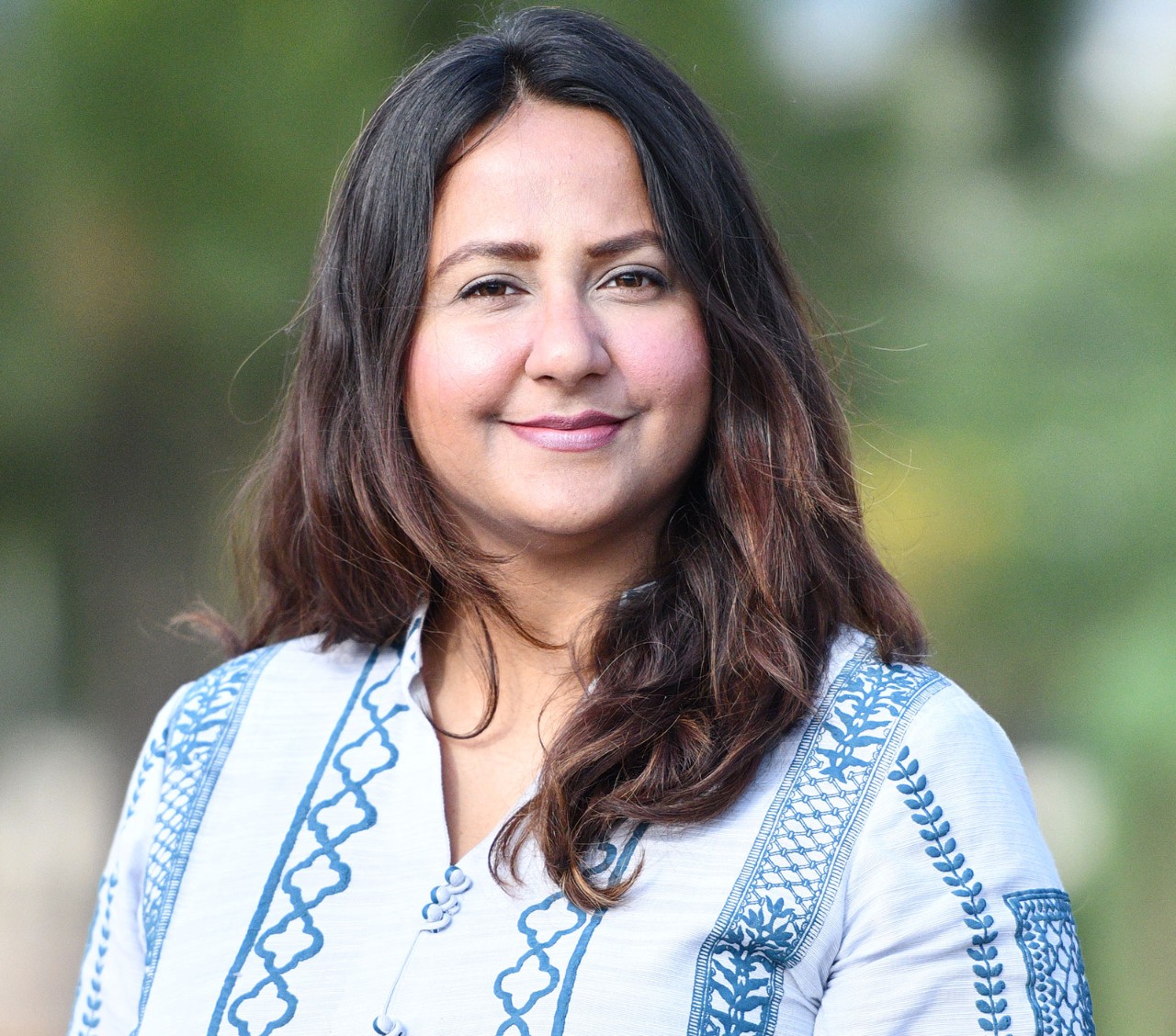
Efforts to ramp up financial literacy levels among Pakistan’s growing army of entrepreneurs are being made by government agencies and professional bodies.
Access to finance is considered an important ingredient in the development of any growing economy, but the situation in Pakistan appears particularly acute. According to a recent report by the Asian Development Bank, Lifting Growth, Building Resilience, Increasing Competitiveness, Pakistan suffers from a weak enabling environment for private sector development. Shallow capital markets stemming from low national savings (5.4% of GDP in 2019) remain a major constraint to private sector development.
In particular, access to finance remains limited for traditionally underserved segments, such as small and medium-sized enterprises (SMEs), and for women entrepreneurs.
‘Financial literacy is crucial for the sustainable growth of a capital markets ecosystem’
‘We need to understand what we mean by financial literacy because when an entrepreneur is running an SME business, we assume there is an inherent sense of financial concepts and evaluation within the operation of the business,’ says Farah Yasir, deputy general manager in business and sector development services of the SME Development Authority (SMEDA), part of Pakistan’s Ministry of Industries and Production.
‘How that understanding is translated into numbers happens at two levels,’ she says. ‘There is the informal level of accounting for expenses and income within the business, so they know what their profits and cashflow look like. Then there is the formal level of financial statements and a book of accounts.’
Formal documentation
It is this formal level of documentation that is required when dealing with financial institutions such as banks or government authorities for tax purposes. ‘Sometimes the communication of that level of information is not transparent,’ Yasir says.
Even if the business accounts have been properly prepared by an accountancy services provider, the business owner may still not fully understand the numbers and could be missing opportunities as a result. ‘It is that kind of awareness, where business people can use their accounts to get a business loan, for example, that is lacking,’ she adds.
For several years SMEDA has been running training workshops to help smaller businesses access finance through the use of formal accounts. ‘We can help them understand the value that this financial literacy will bring into their businesses,’ Yasir says, adding that her agency also provides free-to-download accounting software, as well as facilities such as neutral meeting places for entrepreneurs and banks to confer, and a database of available financial products.
Investor education
Financial literacy in Pakistan is also an important aspect of boosting the understanding of investment opportunities among its population. Organisations such as the Institute of Financial Markets of Pakistan (IFMP) are aiming to increase the penetration of capital market products among the general population. ‘This will help people plan for their future, help them understand risk and reward, and also avoid Ponzi schemes, so that they can save more by investing in legal products that are there for the long term,’ says IFMP’s chief executive Mobashar Sadik.
IFMP and ACCA recently signed a memorandum of understanding to promote investor awareness and financial literacy among students, professionals and small businesses. As Sadik says: ‘Even at a university and college level, we are not developing financial acumen. People need to understand their rights, but knowledge remains a challenge.’
Sajjeed Aslam, head of ACCA Pakistan, says: ‘Financial literacy is crucial for the sustainable growth of a capital markets ecosystem. The limited levels of financial literacy and investor education, especially among SMEs and young entrepreneurs in Pakistan, is a significant factor in the equally low levels of successful access to external finance and the absence of long-term financial planning.’
Interest-free loans
Last year, before the Covid-19 pandemic took hold, ACCA also teamed up with not-for-profit Akhuwat to facilitate access to financial expertise for micro-entrepreneurs. Akhuwat’s activities are based on the Islamic principle of mawakhat, or solidarity, and the organisation allows micro-entrepreneurs to take out interest-free loans to help them build their businesses.
Akhuwat currently supports more than four million households through PKR100bn (US$632m) in small loans. As part of the agreement between the two organisations, ACCA allows free access to its professional accountants. Any business in Akhuwat’s network can request a free consultation, and the ACCA team will connect them with an ACCA professional who will provide pro bono expert support with their financial planning and growth strategy.
Likewise, SMEDA also offers loan facilitation helpdesks, providing a neutral space where entrepreneurs can discuss their needs with banks. As Yasir says: ‘Many entrepreneurs are reluctant to approach banks as they can be intimidated by the paperwork. We can help them with a simplified assessment form and discuss any other hindrances.’
As Pakistan attempts, like every other country around the world, to recover from the ravaging effects of the pandemic, fostering a strong enabling environment for private sector development can only help. Promoting financial literacy among Pakistan’s entrepreneurs and SMEs will be central to its chances of success.
Covid-19 and support for small business
The Pakistan government introduced a number of measures to assist SMEs and micro businesses as the pandemic took hold. These included:
- A permanent increase in the regulatory limit on extension of credit to SMEs, from PKR125m (US$790,400) to PKR180m (US$1.14m).
- Deferment of monthly and quarterly fuel adjustments in electricity bills for power consumers (until June 2020).
- A Temporary Economic Refinance Facility (TERF), with shariah-compliant equivalent, to stimulate new investment in manufacturing. The total size of the scheme is PKR100bn (US$632m), with a maximum loan size per project of PKR5bn and maximum end-user rate of 7% for 10 years.
- An economic package that included PKR100bn ((US$632m) for accelerated tax refunds to export industry and the same amount for financial support to support SMEs and the agriculture sector.
Source: KPMG
In May 2021, the State Bank of Pakistan proposed a Refinance and Credit Guarantee scheme for collateral-free lending to help SMEs without collateral to get financing from banks. The purpose of the scheme, which has been approved by the government’s Economic Coordination Committee, is to promote sustainable economic growth and development in the country.


